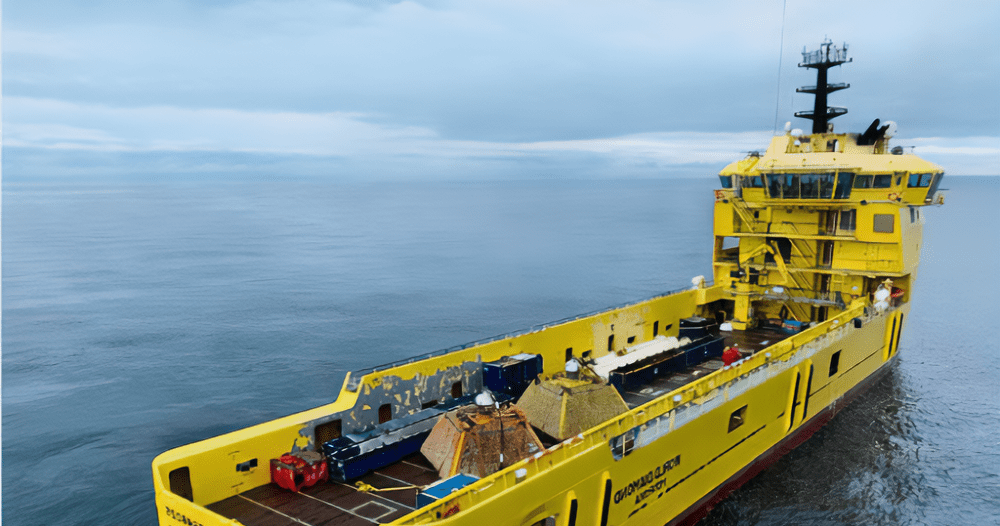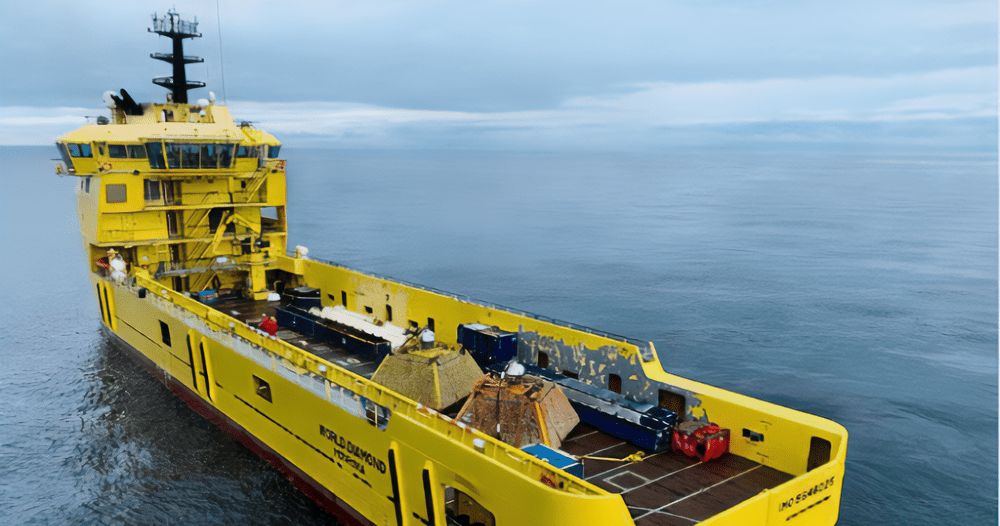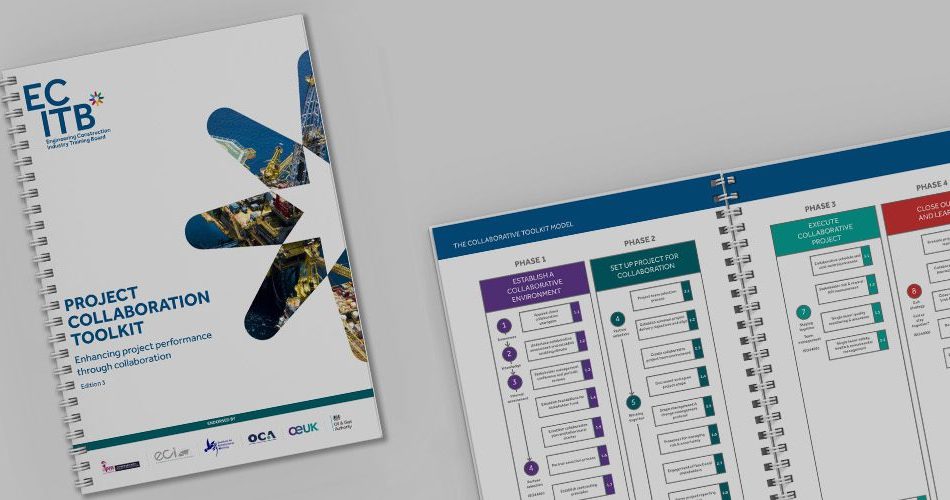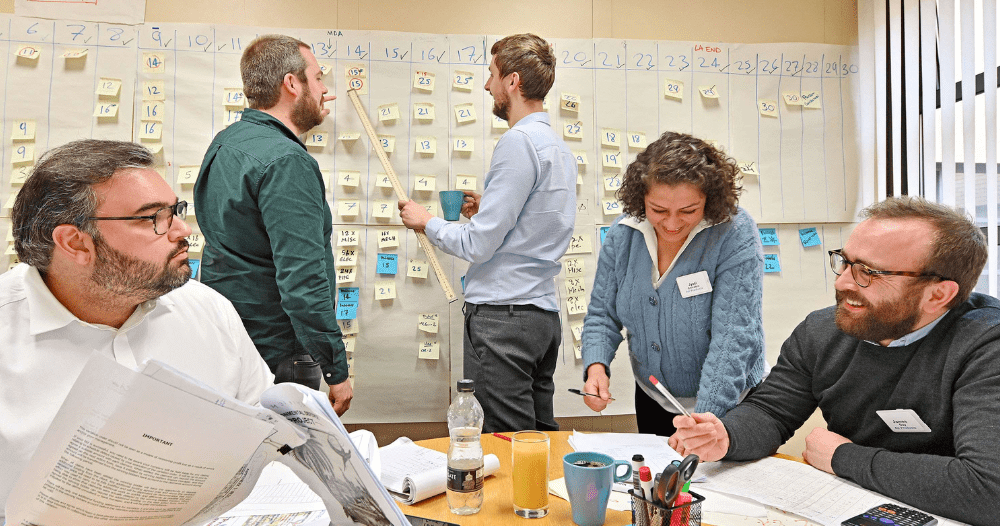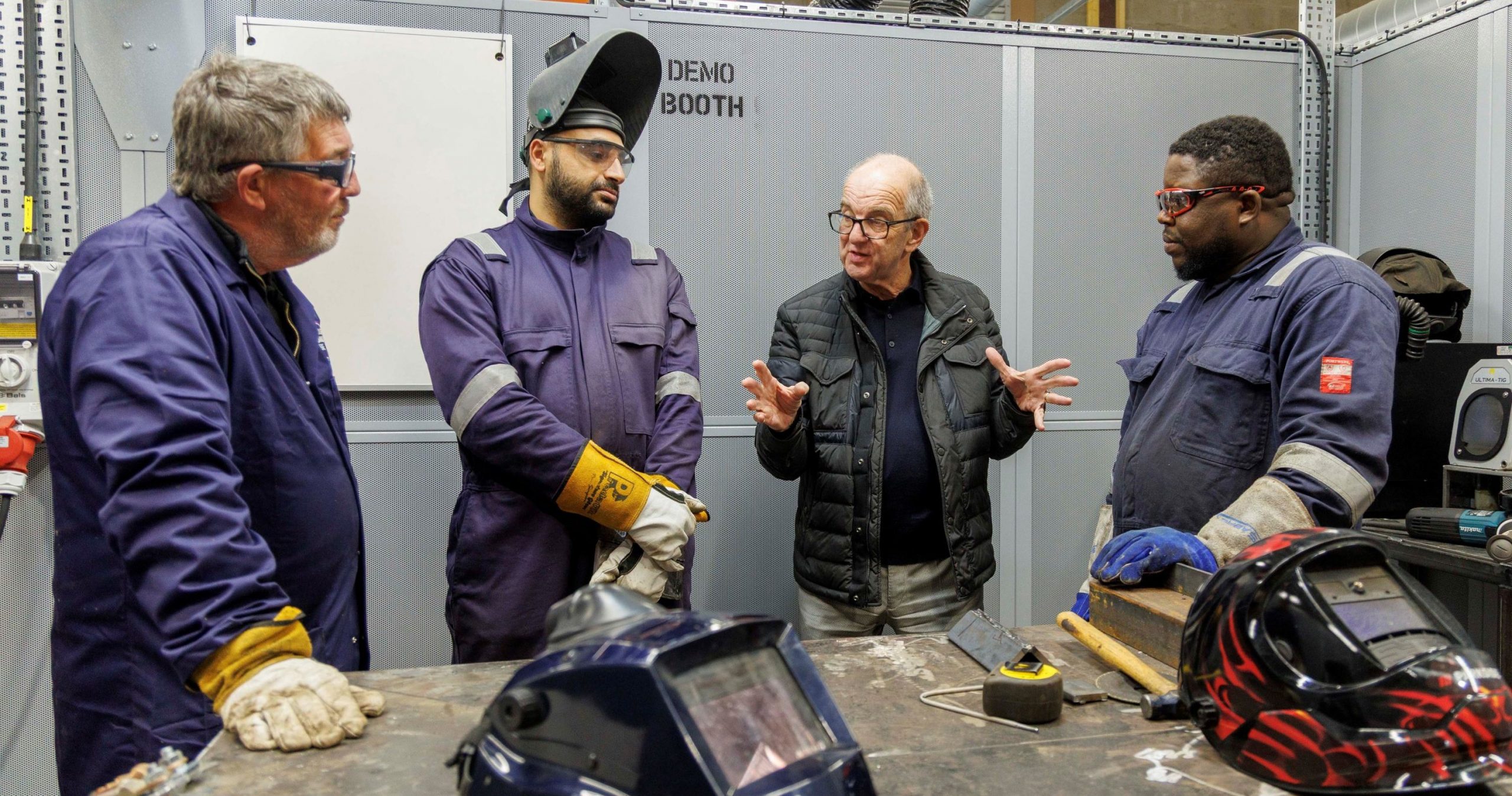Collaboration was a key enabler in the plugging and abandonment (P&A) of Banff and Kyle field wells, which set a new benchmark standard for the lowest number of days required per well for safe, effective P&A.
ECITB’s Collaboration Champion, Tony Maplesden, shares why collaboration was so key to this success.
As part of the overall energy transition programme in the UK, the efficient and effective decommissioning of ‘end of life’ hydrocarbon production assets in the UK offshore sector is critically important.
The North Sea Transition Authority (NSTA), which regulates the oil and gas, offshore hydrogen and carbon storage sectors, is a key consultee of UK Government on Decommissioning Programmes submitted by licensees. Through its stewardship, the NSTA helps ensure decommissioning projects are cost efficient and meet regulatory obligations.
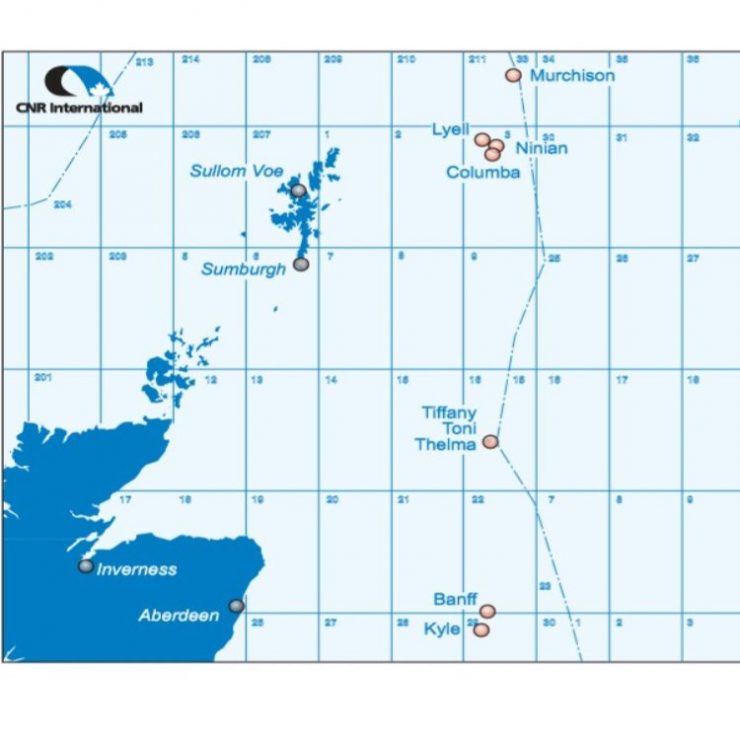
Banff and Kyle P&A project sets new benchmark standard
In late 2022 one project caught the attention of NSTA as having achieved notably good performance. In fact, the successful plugging and abandonment of Banff and Kyle field wells, 200km due east of Aberdeen, set a new benchmark standard for the lowest number of days required per well for safe, effective.
To understand what was behind the Banff & Kyle P&A project success, a post-project learning workshop was conducted in May 2023. This included two NSTA representatives and representatives from both the B & K field operator (client) and its principal project contractor.
ECITB supported the design of the project workshop and provided industry-independent facilitation.
Collaboration between the project parties was found to be a key enabler for project success.
Before taking a look at other contributory factors, it is worth noting the organisational culture and characteristics of the principal parties to understand how their effective collaborative working was achieved.

Firstly, the Operator / Client – Canadian Natural Resources International:
CNR International is an organisation with high integrity and standards of business ethics. Although it conducts its business with humility, CNR International is recognised in the industry as a competent and respected operating entity. It understands and appreciates the importance to its business of the contracting and supply chain and through its ‘Working Together’ core value, takes responsibility for developing good working relationships with the organisations it contracts with.

Secondly, the Principal Project Contractor – Well-Safe Solutions Limited (WSS):
WSS is a relatively new entrant into the decommissioning market and provides a complete Tier 1 solution for well decommissioning. The WSS business strategy and operating model have collaboration at their core. Values of openness and transparency are at the heart of the way that its business is conducted.
Whilst the organisational culture of both principal entities clearly provided a solid foundation for collaborative working, the importance of good leadership in both organisations cannot be overstated.
Following early WSS engagement, senior leaders from both parties collectively worked to shape an integrated project team. This was aligned and committed to achieving the agreed goals and objectives, including the establishment of new, improved standards of P&A performance.
Together a project culture of “Excellence in Delivery” was created.
The post-project workshop identified a significant number of useful learning points in the following categories, which reflect NSTA Stewardship expectation topics:
• Engagement and collaboration
• Robust planning
• Approach to technology
• Managing, adapting and learning from execution
NSTA, CNRL and WSS are committed to making the learnings from the Banff & Kyle P&A project undertaking available for the benefit of others within the sector. The learnings from the post-project learning workshop are contained in the detailed case study.
Written by: Tony Maplesden – ECITB Collaboration Champion and PCT Coordinator
Read the full case study
The ECITB produced the case study on behalf of NSTA and the project participants and this is hosted on the ECITB website alongside the Project Collaboration Toolkit (PCT) and other project collaboration case studies.

